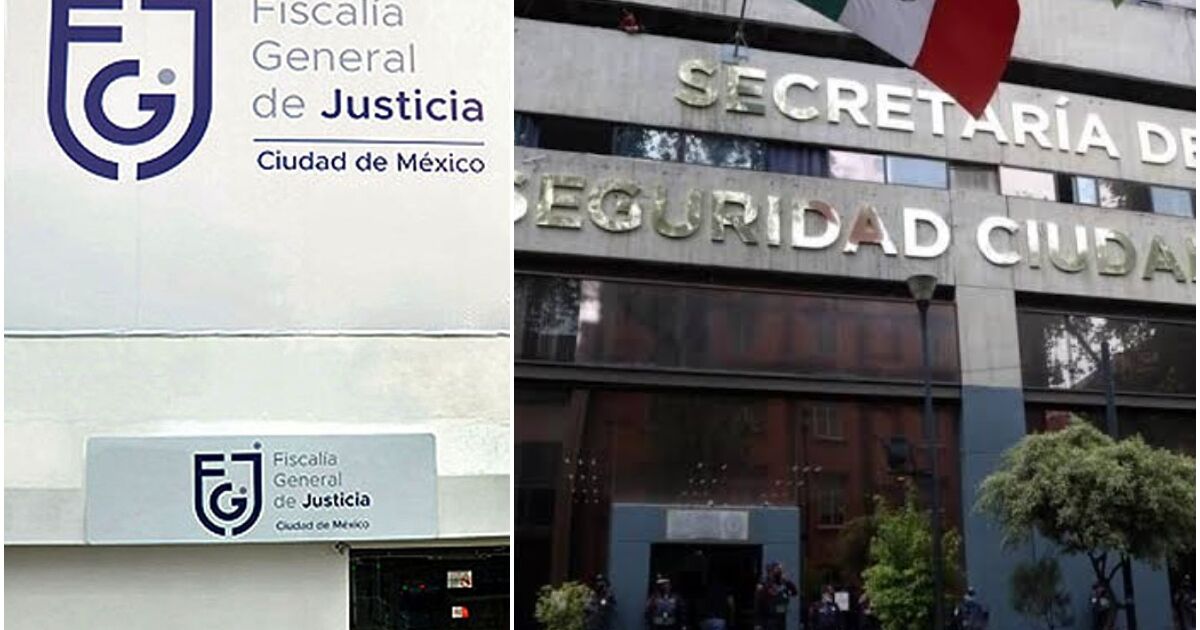Dependencies seek to evade responses
Aristides Guerrero GarciaInfoCDMX president commissioner, pointed out in an interview that on different occasions, the dependencies search within the requests for information, concepts or words to reject the requirement in terms of transparency to declare themselves “without arguments” to respond or channel the user to others. organisms.
“To give an example: a private individual requested information on resources assigned to the municipalities in Mexico City and very cleverly the obligor wanted to turn the question around and replied that there are no resources assigned because in Mexico City there are no municipalities. , but mayors and the request was rejected”, he explained.
In this sense, the president commissioner of the transparency organization pointed out that there is already a ruling that citizens who submit a request for information are not required to know the exact terms to obtain the desired data.
He added that to avoid this type of practice, the InfoCDMX issued criterion 3/2021 in which the plenary determined that despite the fact that an obligated subject does not have the competence to resolve a request for access to information, the agencies must guide who they must address and, in addition, facilitate the petitioner to open a new page.
AboutGustavo Lopez Montiela professor at the Tecnológico de Monterrey, considered that the public organizations subject to the Law of Transparency and Access to Information have already found the way to evade answers or implement delaying practices in order to “tired” the applicants.
“There are many practices that are located in the context of non-information or opacity, so, to a large extent, this is done with sensitive information that governments do not want to give because it is displayed or because they do not have that information built,” noted in an interview.

















